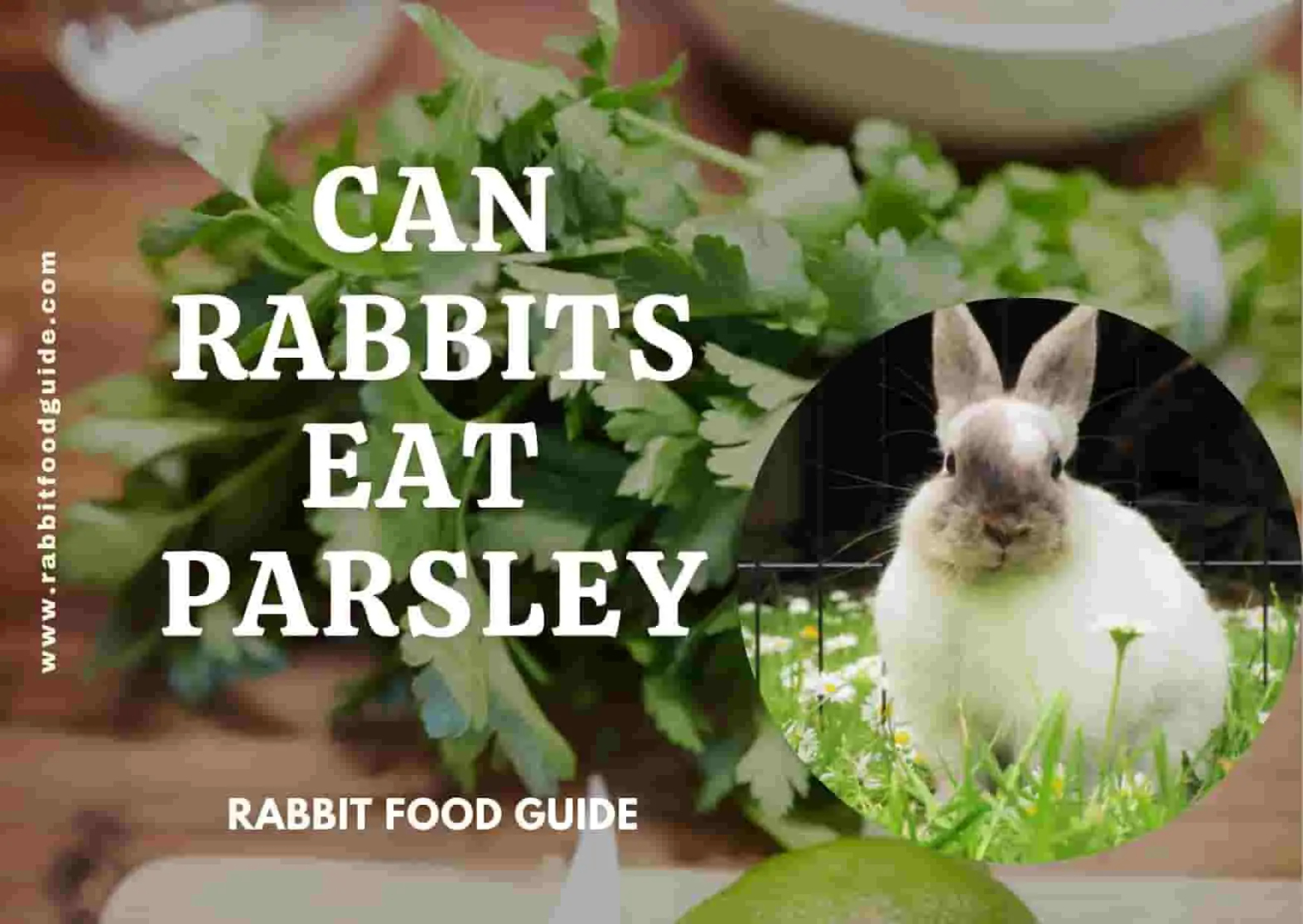Do Rabbits Eat Parsley?
If you are a rabbit owner or someone interested in rabbits as pets, you may wonder about their dietary preferences. One question that often arises is whether rabbits eat parsley. Let’s explore this topic and find out if parsley is a suitable addition to a rabbit’s diet.

The Nutritional Value of Parsley
Parsley is a commonly used herb in cooking, known for its vibrant green leaves and fresh aroma. It is rich in essential nutrients such as:
- Vitamin C
- Vitamin K
- Vitamin A
- Folate
- Potassium
- Iron
These nutrients contribute to various aspects of a rabbit’s health and well-being. However, it is important to note that parsley should be fed to rabbits in moderation and as part of a balanced diet.
The Rabbit’s Digestive System
Rabbits are herbivores and have a specialized digestive system that allows them to efficiently process plant material. They have a large cecum, which is a pouch-like structure connected to their intestines. The cecum contains beneficial bacteria that aid in breaking down fibrous plant matter, such as parsley.
Rabbits also have continuously growing teeth, which require constant chewing to prevent overgrowth. Feeding them fibrous foods like parsley helps maintain dental health by promoting natural wear and preventing dental issues.
Can Rabbits Eat Parsley?
Yes, rabbits can eat parsley. However, it is important to introduce it gradually into their diet and monitor their response. Some rabbits may have sensitive digestive systems and may not tolerate parsley well.
Parsley should be considered as a treat or a supplement to their primary diet of hay and fresh vegetables. It should never replace the essential components of a rabbit’s diet, as an unbalanced diet can lead to various health problems.
Feeding Parsley to Rabbits
When feeding parsley to rabbits, it is crucial to follow these guidelines:
- Choose fresh, organic parsley whenever possible to avoid pesticides or harmful chemicals.
- Wash the parsley thoroughly to remove any dirt, insects, or potential contaminants.
- Introduce small amounts gradually to prevent digestive upsets.
- Observe your rabbit for any adverse reactions or changes in behavior after consuming parsley.
- Monitor the quantity of parsley given to prevent overfeeding and imbalance in the overall diet.
Remember, parsley should always be given in moderation alongside a variety of other vegetables to ensure a well-rounded diet for your rabbit.
Parsley can be a healthy addition to a rabbit’s diet, but it should not be the main component. Always prioritize hay and fresh vegetables.
Frequently Asked Questions (FAQs)
1. Can rabbits eat all types of parsley?
Yes, rabbits can eat both curly parsley and flat-leaf parsley. Both varieties contain similar nutritional profiles and are safe for rabbits to consume.
2. How much parsley can I feed my rabbit?
Parsley should be given in small amounts as a treat or supplement. Offer a few leaves at a time, and never exceed more than one or two tablespoons per day, depending on the size and weight of your rabbit.
3. Are there any risks associated with feeding parsley to rabbits?
While parsley is generally safe for rabbits, some individuals may have allergies or sensitivities. Monitor your rabbit closely for any signs of digestive upsets or allergic reactions, such as diarrhea or changes in behavior.
4. Can rabbits eat parsley stems?
Yes, rabbits can eat parsley stems. However, it is important to ensure that the stems are fresh, tender, and free from pesticides or toxins. Remove any tough or woody parts before offering them to your rabbit.
In conclusion, parsley can be a healthy addition to a rabbit’s diet if given in moderation. It provides essential nutrients and promotes dental health. However, always prioritize hay and fresh vegetables as the main components of a rabbit’s diet. Monitor your rabbit’s response to parsley and consult a veterinarian if you have any concerns regarding their dietary needs.
Related Articles…
Copyright Notice:
The images displayed here are sourced from the internet, with copyrights held by respective owners. For removal of any copyrighted image, please email us.